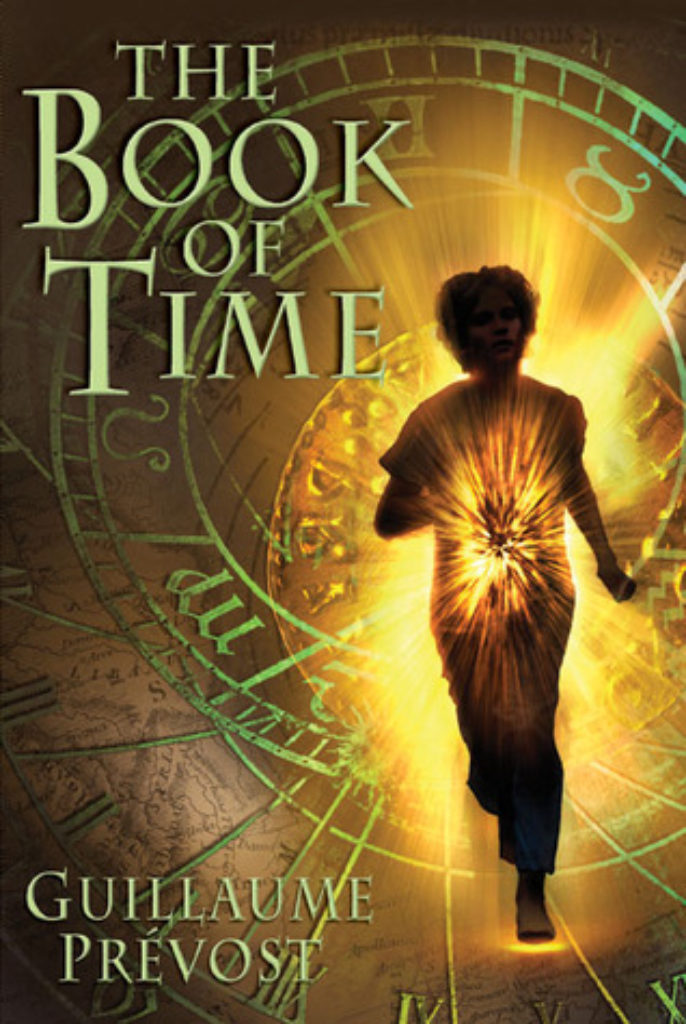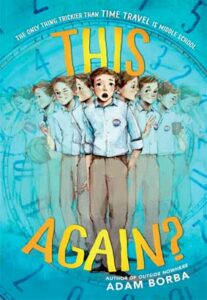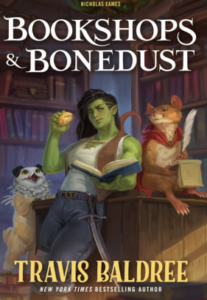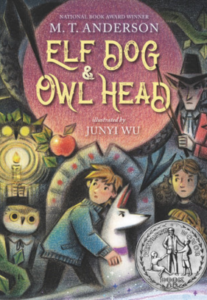This review was created by the editorial staff at Thriving Family magazine
This time-travel mystery, the first book translated from the French “The Book of Time” trilogy by Guillaume Prévost, is published by Arthur A. Levine Books, an imprint of Scholastic, Inc.
The Book of Time is written for kids ages 9 to 13. The age range reflects readability and not necessarily content appropriateness.











